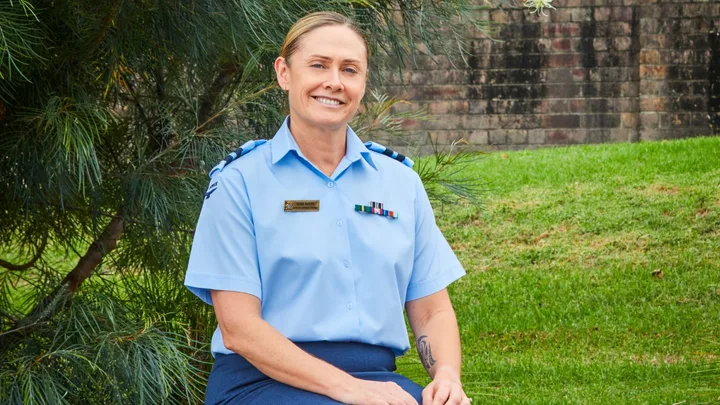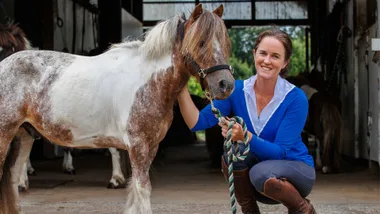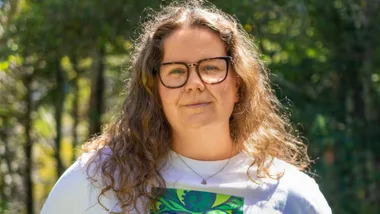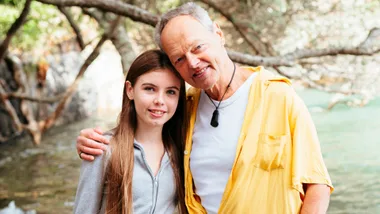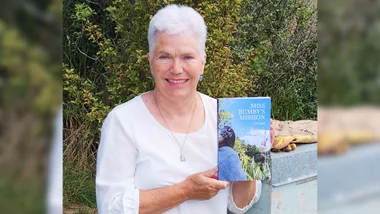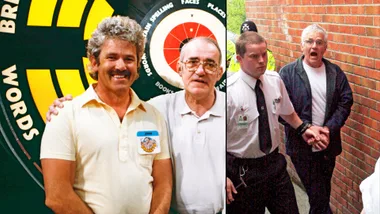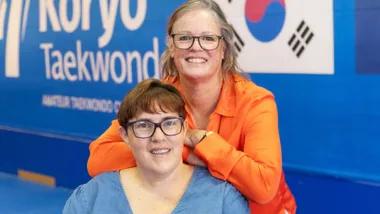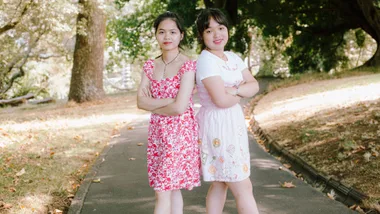Trailblazer, pioneer, groundbreaker, call her what you will, but Kiwi Susie Barns is doing what no other has – not only breaking the glass ceiling, but smashing it.
From humble beginnings, the 50-year-old mother of two, has risen to the highest echelons of the Royal Australian Air Force – the first Royal New Zealand Air Force officer to be embedded at a senior level and the very first woman. Today, she is the Deputy Air Commander Australia.
“When a young 18-year-old Susie joined the air force 32 years ago, the last thing she thought she’d be was an air commodore,” she says frankly.
It’s a journey that has taken her around the world, taught her many valuable lessons, challenged and inspired her, but also brought personal heartbreak.
Susie comes from the tiny East Coast settlement of Te Puia Springs. She spent many summers by the beach, just a few minutes south, in Tokomaru Bay, about 90 kilometres north of Gisborne, the eldest child of a Māori mum, Te Ataakura Forrester (of Ngāti Porou descent) and a Pākehā dad, Trevor Baker.
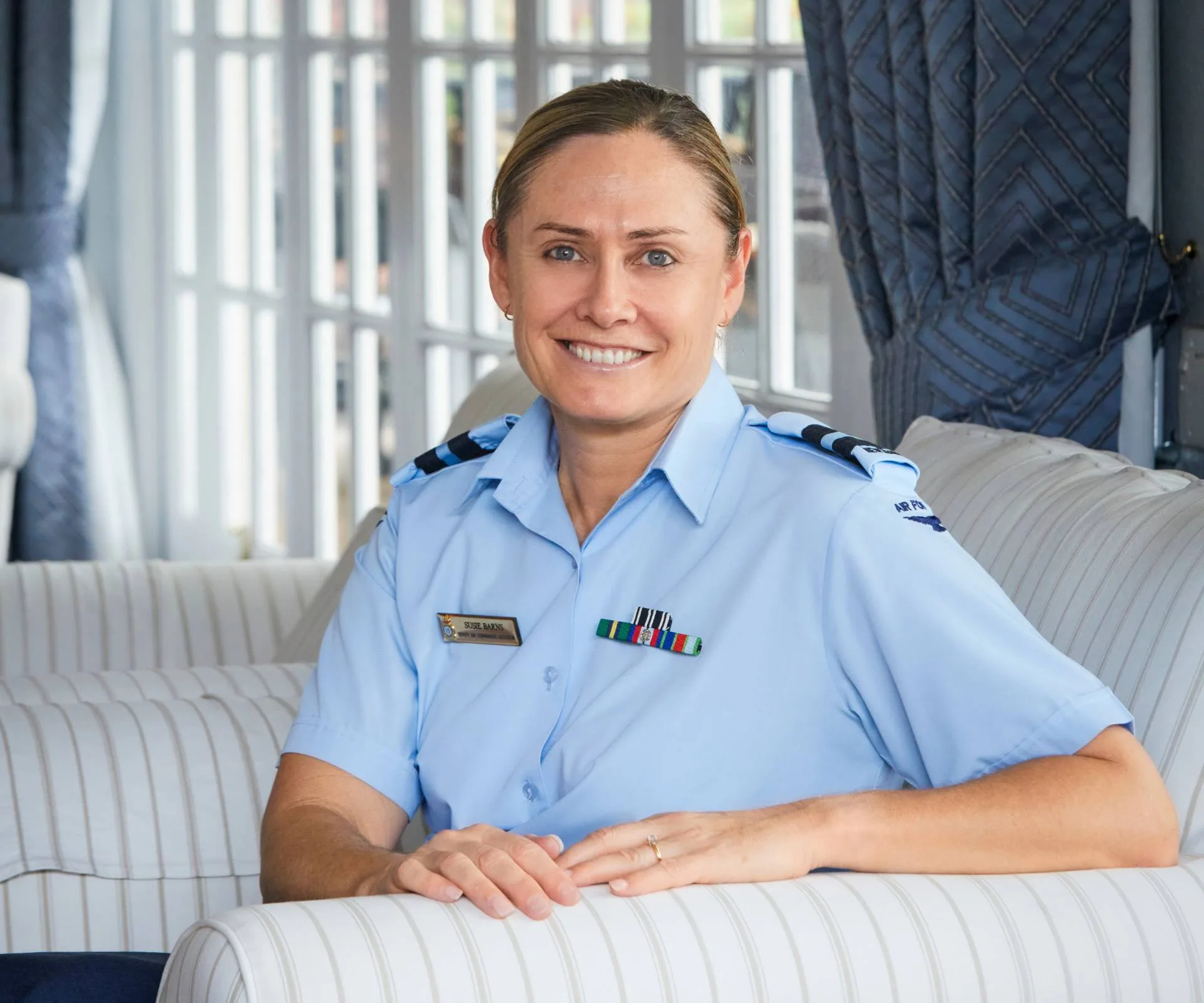
Te Ataakura was a fresh-faced recruit in the air force when she and Trevor met. He, too, was in the military, but the army was his career choice. Both talented sportspeople, they spotted each other at an inter-services sports tournament. Theirs was a whirlwind love affair and Susie’s mum very quickly became pregnant at just 18.
In those days, you couldn’t be pregnant and serving, so her air force career was very quickly cut short.
Susie was born not long afterwards and two more children would follow.
Trevor would have a 25-year career in the army. Along the way, he was posted to the New Zealand Battalion in Singapore, taking his young family with him. But not long after that posting, the couple would divorce. Susie remains philosophical about their split.
“I was eight or nine,” she recalls. “They were both strong, focused personalities – some of those traits I have. I don’t think their break-up was a bad thing. I think it was just what they needed to do.
“Mum was a strong, independent woman. It was just Mum and us kids for a long time. She taught me a lot about the need to be strong and resilient as a woman. As the oldest child, I took on quite a lot of responsibility from a young age. When I look back, I think, ‘Was that fair?’ But it certainly gave me those characteristics I have now.
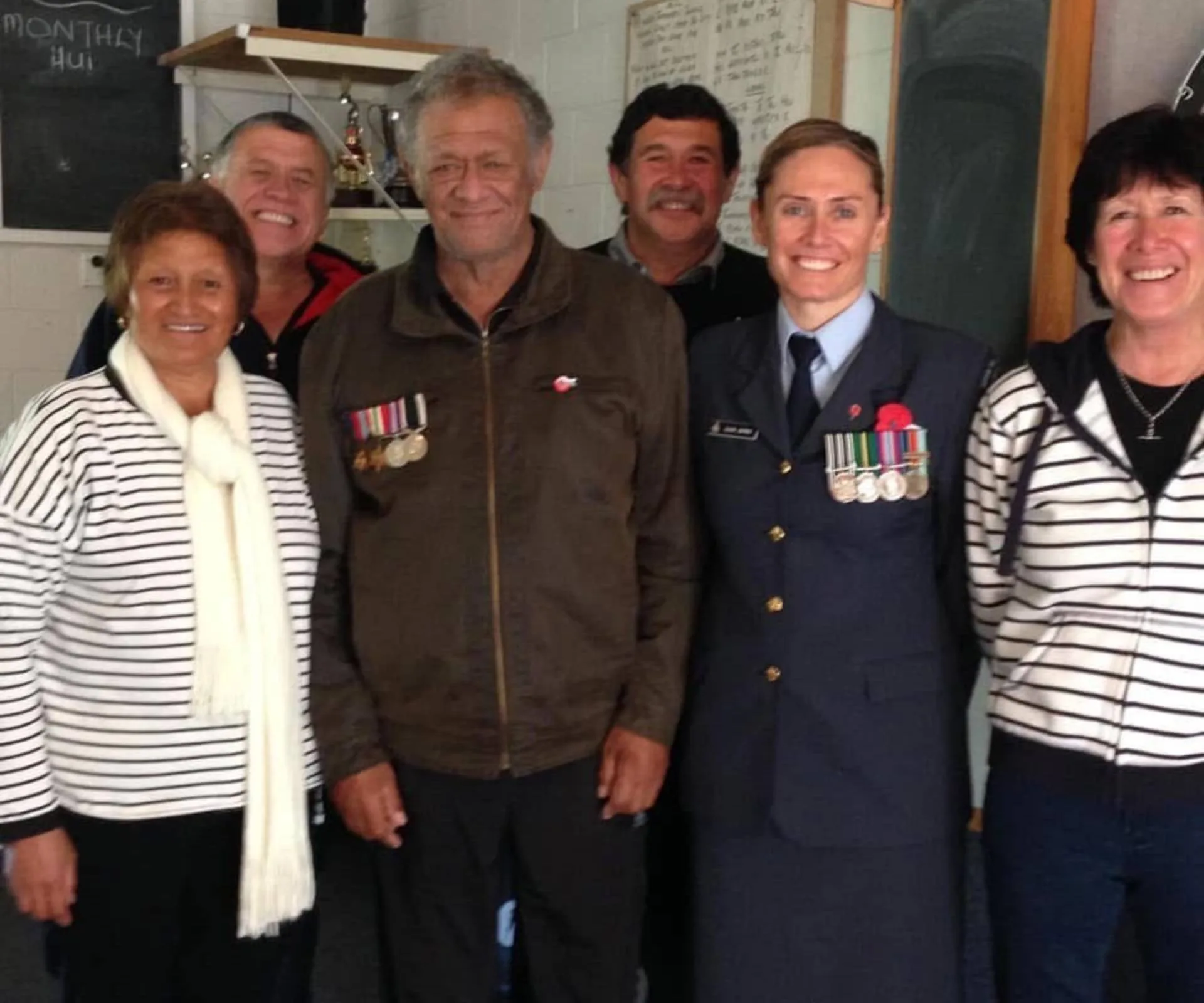
“I have strong morals,” she explains. “I’m very organised. In my family, I like to say I’m in charge, not because I want to be, but I organise family events and my siblings often say, ‘She’ll know what to do.’”
Some of Susie’s fondest memories are of spending almost every school holiday at Tokomaru Bay with her cousins or at Te Puia Springs with her maternal grandmother and great-grandmother, having “not a care in the world”.
Tells Susie, “They lived together. They’d both lost their husbands quite young. They were both strong, gentle women. They didn’t, dare I say it, have a man to look after them. When I think about my nanny – she was in her nineties when she passed away – she would be out there doing all these jobs that you would traditionally typify a man doing. Nothing was a problem for her.
“They instilled in me that as women, we can do anything. They were really resourceful. The house was always clean, we never wanted for anything and the gardens were always immaculate. It’s that strength of character and focusing on what’s important in life. And that’s family, and just being strong and resilient. That’s what they taught me, for sure.”
Susie is proud of her Māori heritage. It grounds her leadership style. “It’s my superpower,” she enthuses.
She talks about the importance of kaitiakitanga or stewardship, of kotahitanga or unity of purpose, and whakamana, the empowerment of others.
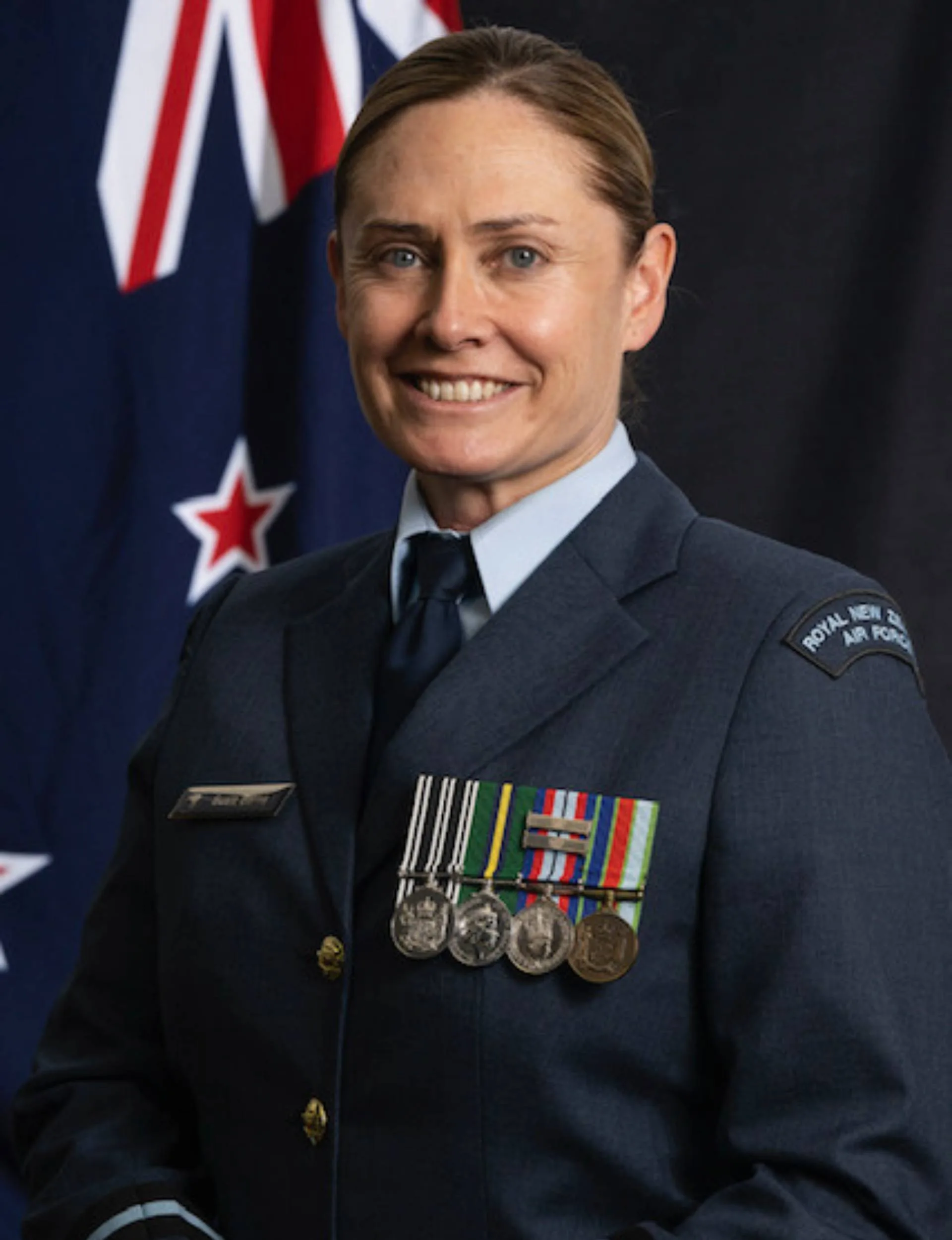
“To be fair, it’s inherent in how I’ve always operated,” she muses. “I feel that it’s the mana and power of my ancestors and extended family who’ve shaped me, not only as a young person, but even in history.”
Her great-grandfather joined the Pioneer Māori Battalion in World War I. A hundred years later, almost to the day, she was able to read his diaries.
She tells, “I reflected on those who’d gone before me and what they achieved, and I feel that superpower by having those principles guiding me every day.”
On a recent defence force strategic course in Canberra, it was something that made her stand out.
“Being able to share part of te ao Māori values and principles with both Australian and international students was really special,” she says. “When someone says, ‘Aren’t New Zealand and Australia the same?’ I can say, ‘No, in some aspects we have our own culture and this is it.’”
Susie’s grandmothers were fluent in te reo. They didn’t speak a lot of English, so she learnt Māori by osmosis. Though Susie has completed a number of language courses, she is not fluent and intends to do a full- immersion course when she can.
It took nine-year-old Susie until she was in her early twenties to reconnect with her father.
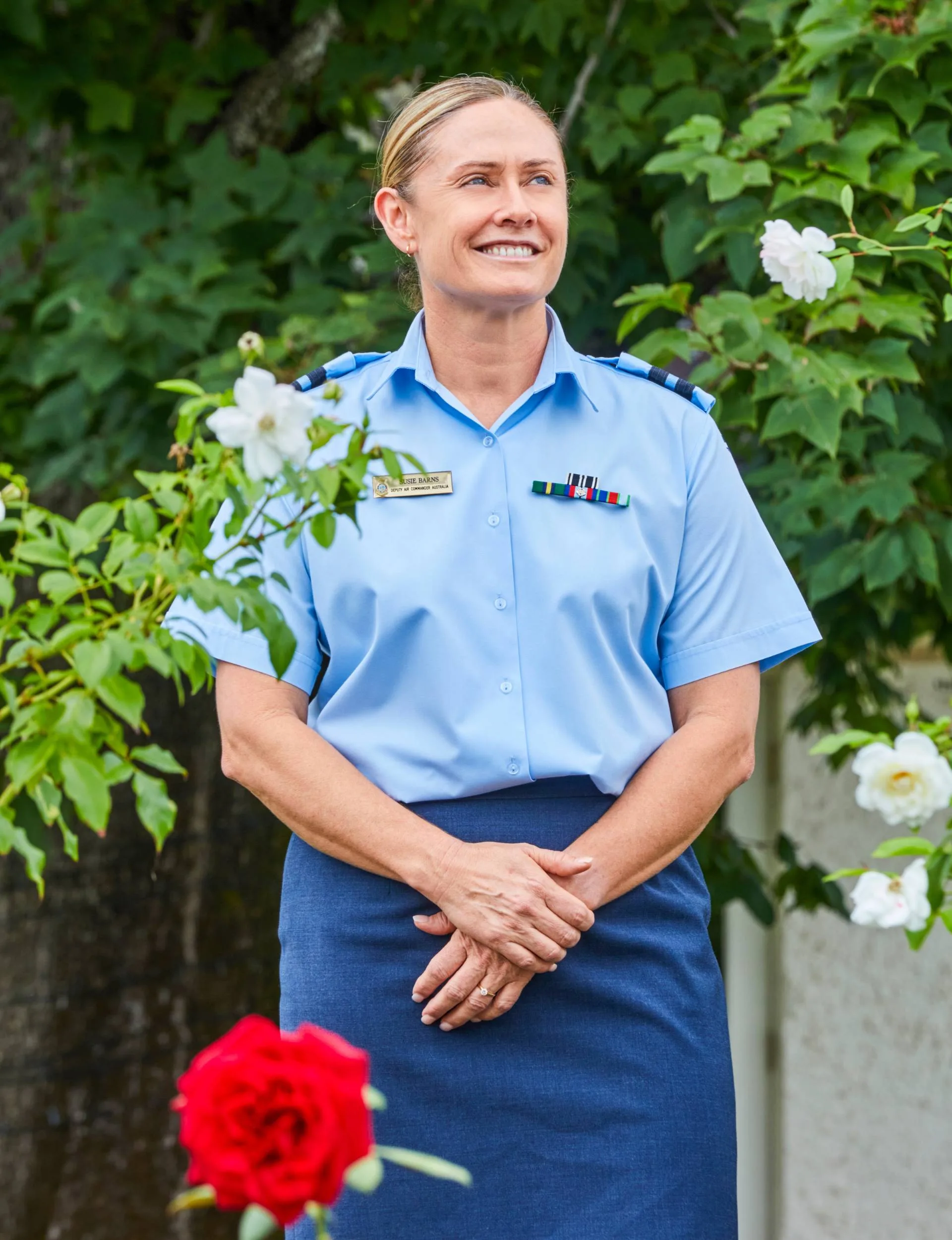
“Thanks to my husband, bless him,” she shares. “He was the one who said, ‘You need to get in touch with your dad and create that relationship,’ so I did. I reached out and it was really lovely because I got to know him and his new family. By the time we started our own family about seven years later, it meant he was an amazing grandfather for my children when they were young. I got to see that resourceful, patient side of him, mainly through the relationship he had with my kids and I’ll always be grateful for that, especially as he died quite young [of lung cancer].”
Susie and her husband Shaun were high-school sweethearts at Taihape College. She was 16. On leaving school, they went their separate ways. Encouraged by her mother, Susie joined the air force.
“We didn’t have much and I was looking at ways I could get a tertiary education,” she recalls. “Mum always said to me that the force offered really good educational pathways, so I joined as an enlisted aircraftwoman under the certificate training scheme. I did my diploma of business full-time, then a year of military training, then the final year of the diploma.”
She has now added an under-graduate degree and two Masters degrees to her resume – a Masters in Engineering in integrated logistics management from Melbourne 20 years ago, and a Masters of national Security and Strategy just last year from Canberra.
“It’s a pretty special opportunity to get a full-time posting to study,” she says. “It’s amazing when you have time to sit back and think critically.”
Shaun and Susie rekindled their relationship several years after she joined the air force.
“We had an amazing life together,” she reflects. “It was great. One of my most memorable postings was to London for three years as the New Zealand Defence Force Logistics Advisor. We went as a family as we’d decided, where possible, we would go together. Shaun committed to looking after the house and the kids [by that time, they had Bryahna, nine, and Trae, seven] and we did a bit of an OE using the opportunity to travel a lot.”
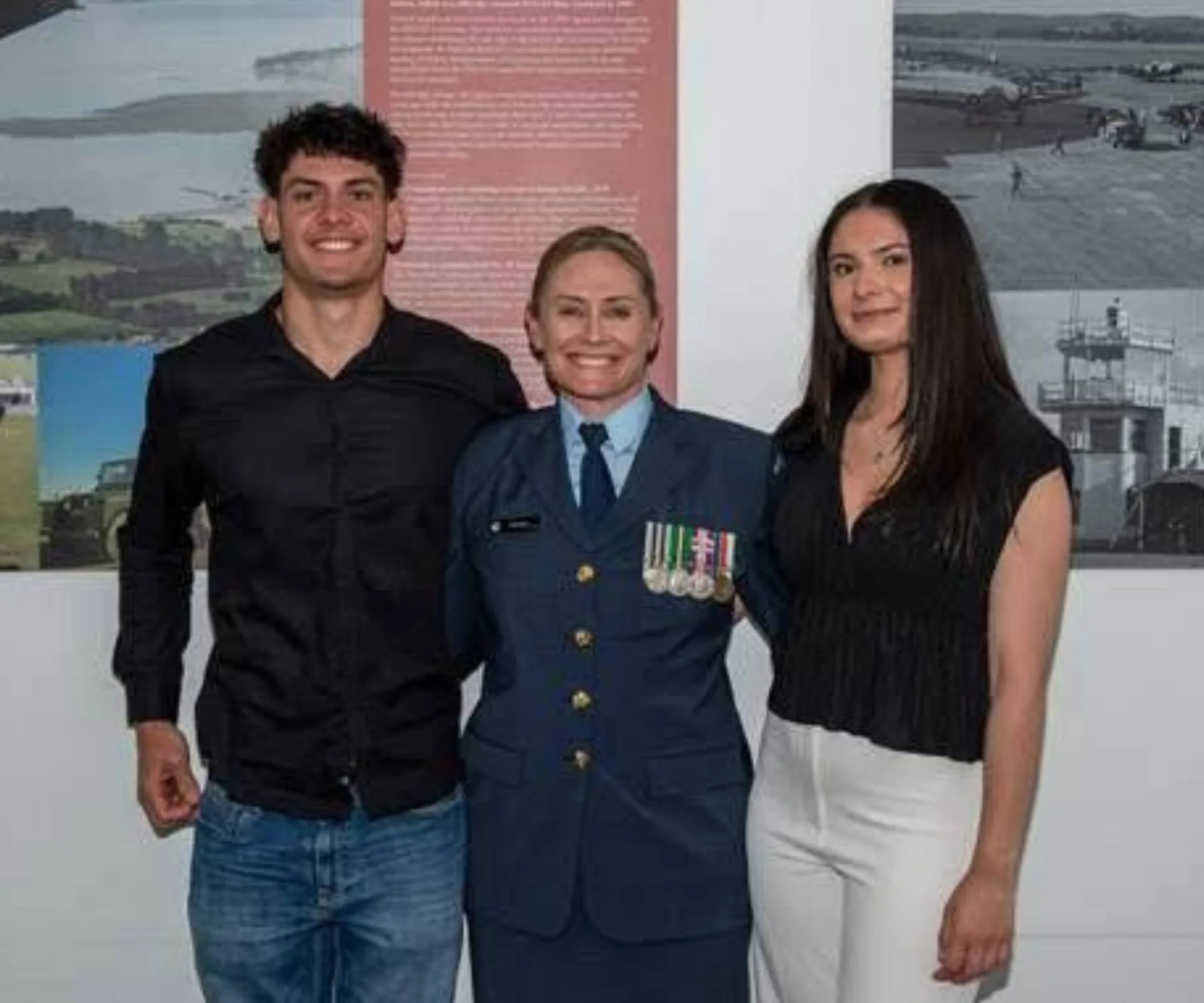
Susie was alone on another posting, a deployment to the Middle East supporting the air force units there, when Shaun was diagnosed with an aggressive cancer.
“The defence force was incredible,” she admits. “Within 48 hours of finding out about his diagnosis, I was on a plane home. His treatment started that week. I took compassionate leave and then study leave so I could work at home and look after him, taking him to all his treatments. Those treatments finished and we thought, ‘Hooray, he’s fine.’”
But it was not to be. The cancer had spread to his brain and spinal fluid. “From the day he was diagnosed to the day he passed, it was 10 months,” she shares. “It was very quick, although it didn’t seem quick at the time. When you see someone you love deteriorate so quickly, in the end, it was a bit of a blessing because he was in pain and he wasn’t mobile. It was a tough time for us all. The kids were 15 and 13 when their dad died. I’m incredibly proud of them. We’ve come through that as a family – we’re very close.”
That devastating time was seven years ago.
“One of my focuses is to keep the memory of their dad alive, so we talk about Shaun all the time,” she explains. “The tears still come. The air force was amazing. They couldn’t have done any more for me – it’s like an extended family and I’m pretty lucky to be part of that. It’s one of the reasons I’m incredibly loyal to the force.”
Susie’s loss has also motivated her to join the board of the Missing Wingman Trust, an organisation that supports the families of air force members when they are killed, injured or ill.
So how does a Kiwi find herself helping to lead the Australian Royal Air Force? Susie received her latest promotion as part of a new exchange agreement between the Australian and New Zealand Air Forces, which encourages more cross-Tasman strategic engagement and thinking in key positions.
The ceremony took place in Canberra, in what she calls “typical Kiwi style”.
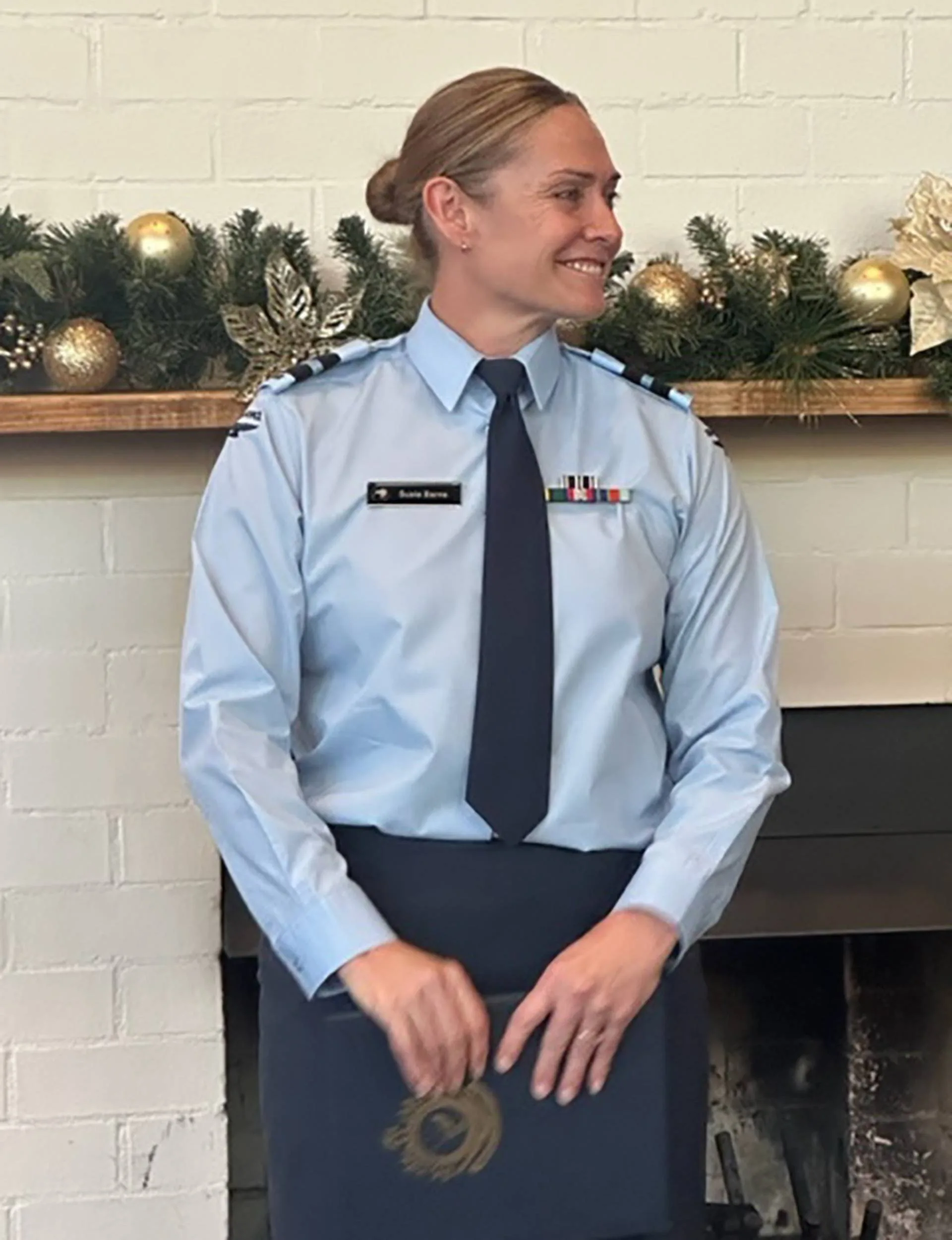
Although most of her family wasn’t able to be there, there was a big support crew from the New Zealand High Commission.
“I was surrounded by fellow Kiwis, singing a beautiful waiata after I had spoken,” she says. “It was so beautiful – the Aussies thought it was great.”
It was a real pinch-me moment for the girl from Te Puia Springs. Her new partner Tom was there to help pin on her new rank.
“I met him in Auckland,” she reveals. “We connected over our love of sport. At the time, he was coaching high-school rowing. He’s a Scot, so he has a really dry sense of humour and I really like that. Tom is really accomplished in his own right. He has a background in IT and no children of his own, so he really enjoys coaching young people.
“He is hugely supportive of me. When this opportunity to go to Australia came up, initially for one year, he said, ‘Right, when are we off?’ Then when I said it might extend out for another couple of years, he was along for it all. It’s really great.”
Susie’s current job is a key position in the Royal Australian Air Force. It draws on her logistics background but also on all aspects of her 32 years in the force. It covers initial and ongoing training, ensuring the force is ready and equipped to meet government and defence force priorities in this challenging geopolitical environment.
“What’s happening in the world at the moment is highlighting a challenging security environment,” she explains. “New Zealand is no longer exempt from the international threats we see. It impacts trade and accessibility to supply chains, and all of that manifests in the security environment. Certainly, the focus has never been sharper than it is now, where the need for a defence force is evident, adding to national security.”
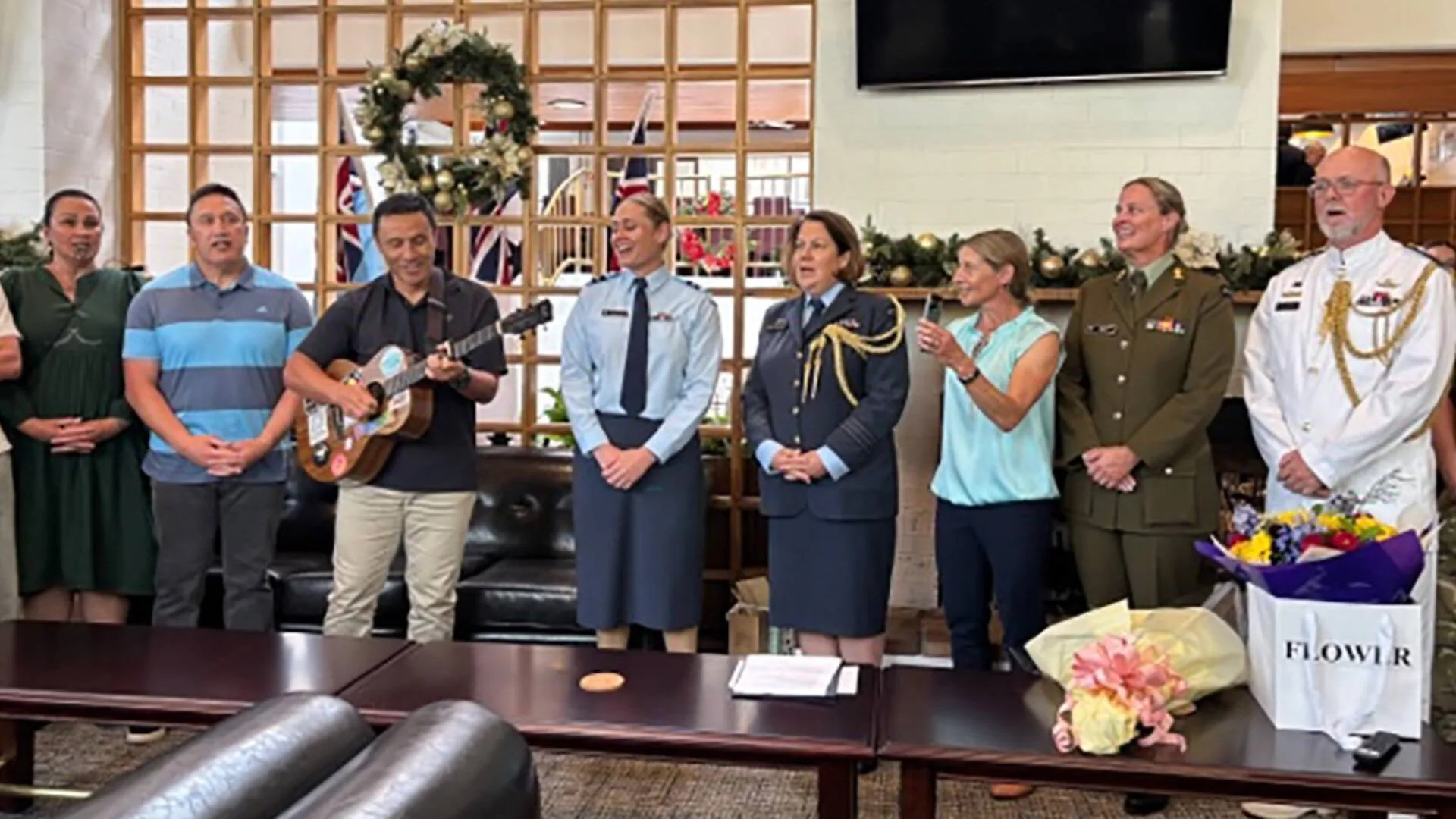
The hours in the new job are long and Susie freely admits finding a work-life balance is tricky.
“I’d love to say I get it right all the time, but I don’t,” she tells. “I really try to prioritise self-care. That means exercising regularly – that’s my stress relief. I love going out for a run in nature, early in the morning when no one else is about. Or I do a yoga session in the backyard.
“I also try to be disciplined with my energy when it comes to working long hours. I’ve always got my phone and have access to work, but I try not to bring too much work home, so I have time to recharge. This is where Tom is fantastic. He will hold me to task to make sure I get enough sleep and don’t overcommit outside work hours.”
The pair love to go hiking and spending time at the beach. And Susie is an avid reader. Her books of the moment are Honey, rugby league player Honey Hireme’s autobiography, and one she says she’s finding particularly inspiring, Changing Altitudes, about the history of women who’ve served in the Royal Australian Air Force. Inspiring stuff, much like Susie herself.
